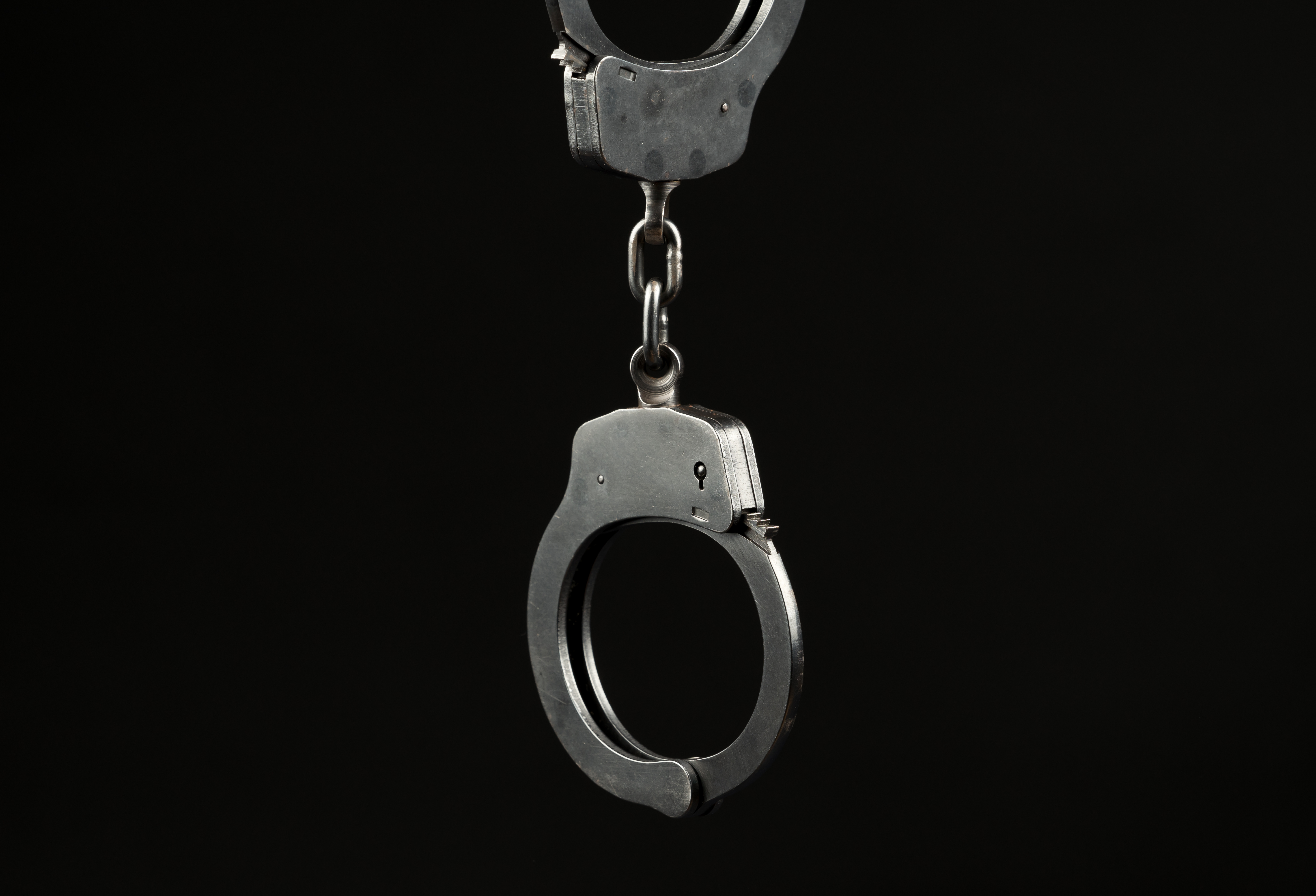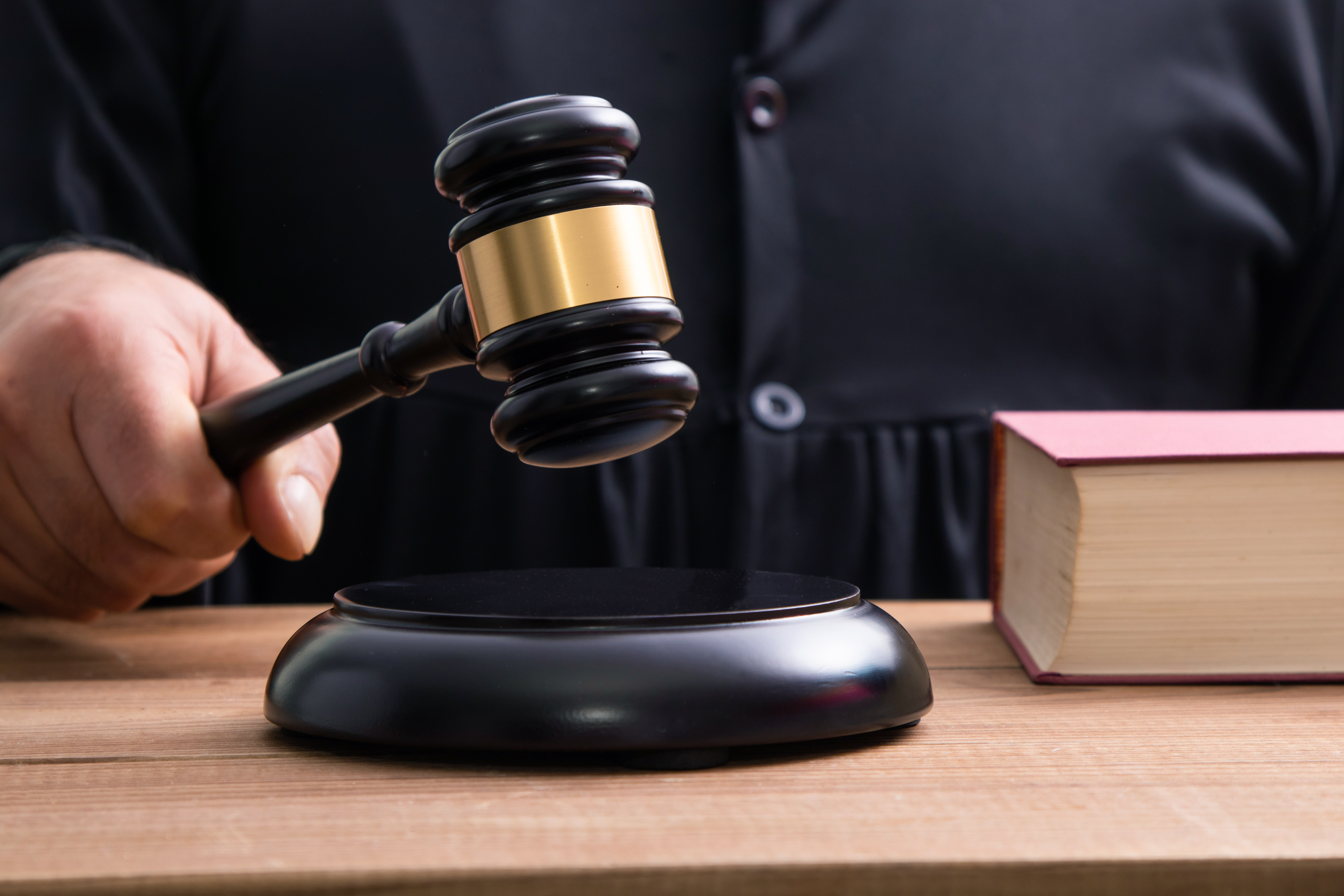The Impact of Criminal Convictions on Employment
Consequences of Criminal Convictions
Having a record of a criminal conviction doesn’t mean employment is impossible. Knowing your rights and how to navigate the hiring process can open new opportunities.
Read on to learn how criminal convictions impact employment, legal protections for employment rights after a conviction, and steps to improve your chances of getting hired.
The Legal Impact of a Criminal Conviction on Employment
While laws exist to promote fair hiring, a criminal record can still be a major barrier to employment. Understanding these challenges can help individuals improve their job prospects.
- Loss of Current Job: A conviction can put certain jobs at risk, especially in fields requiring professional licenses or security clearance, such as healthcare and law enforcement. While an arrest alone may not justify termination, employers may take action if the offense is related to the job or raises conduct concerns.
- Difficulty Finding Employment After Conviction: Finding new employment can also be difficult. Many employers hesitate to or are legally restricted from hiring individuals with a criminal record, especially for jobs involving finances, security access, or vulnerable populations.
- Workplace Stigma: Even after securing a job, individuals with a criminal record may face bias from employers and coworkers. This can limit career growth, promotions, and overall workplace relationships.
- Extensive Background Checks: Extensive background checks add another layer of difficulty. In Florida, employers can review an applicant’s entire criminal history with no time restrictions. This means even old convictions can still impact job prospects, making it difficult for individuals to move forward despite rehabilitation.
Employers' Rights and Discretion
In the United States, employers have the right to consider a person’s criminal record when making hiring decisions. However, they must follow federal and state laws that protect individuals from unfair discrimination.
The Equal Employment Opportunity Commission (EEOC) prevents employers from using criminal records to discriminate, especially by race or nationality. Instead, they must evaluate whether the conviction is relevant to the job, as well as factors such as:
- The severity of the offense: Employers may view felonies or violent crimes more critically than misdemeanors or minor infractions.
- How long ago it happened: A recent conviction may carry more weight than one from many years ago.
- The candidate’s qualifications: Work experience, skills, and rehabilitation efforts should also be considered.

In addition, the Fair Credit Reporting Act (FCRA) regulates how employers use third-party background checks for hiring. If an employer uses a consumer reporting agency, they must inform the applicant, get consent, and provide the report if it affects hiring. Applicants also have the right to dispute inaccuracies.
If you believe you were unfairly denied a job due to your criminal record, consulting an attorney can help you understand your employment rights after a conviction.
Expungement and Sealing of Criminal Records
For individuals with past convictions, expungement or record sealing can provide a fresh start by limiting who can access their criminal history.
Expungement removes a conviction from a person’s record entirely, while sealing keeps it on file but restricts access unless a court order is granted. Both options can improve job prospects and help individuals move forward with their lives.
Who Qualifies for Expungement or Record Sealing?
Not all criminal records can be cleared. Eligibility depends on factors like:
- The type of crime: Certain misdemeanors and non-violent offenses may qualify, while serious felonies rarely, if ever, do.
- Completion of sentence: The individual must have served their full sentence, including probation, without further legal issues.
- Waiting period requirements: Florida law imposes specific waiting periods before a person can apply for expungement or sealing.
Because each case is different, consulting a lawyer like Kevin Peterford can help determine the best path forward.
When to Contact a Trusted Criminal Defense Lawyer in Palm Beach County, FL

A criminal conviction can make finding or keeping a job more difficult, but it doesn’t mean you’re out of options.
If you're struggling with employment due to a past conviction or facing new charges, Kevin Peterford, an experienced criminal defense lawyer in Palm Beach County, FL, can help. Whether it’s expungement, record sealing, or challenging unfair hiring practices, Kevin will explore every option to improve your opportunities.
At Peterford Law, we understand the impact a criminal record can have on employment and are dedicated to helping clients navigate their legal options. Request a consultation today to discuss your case.
